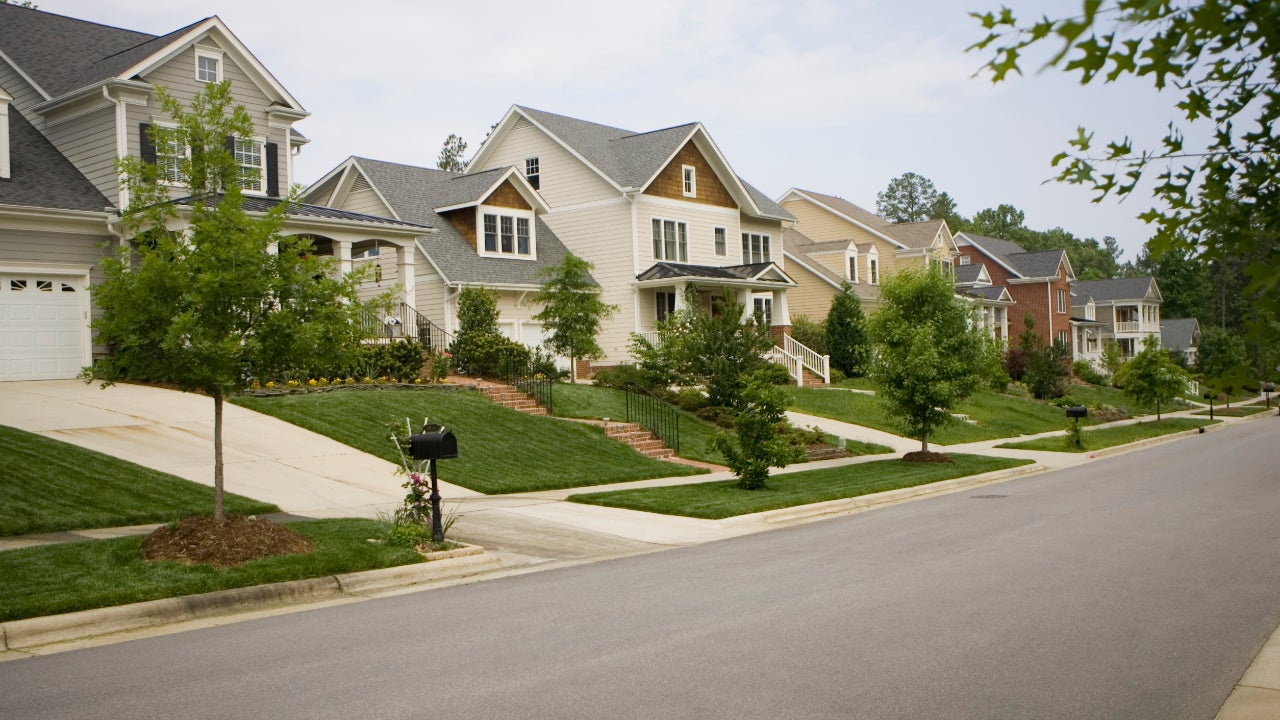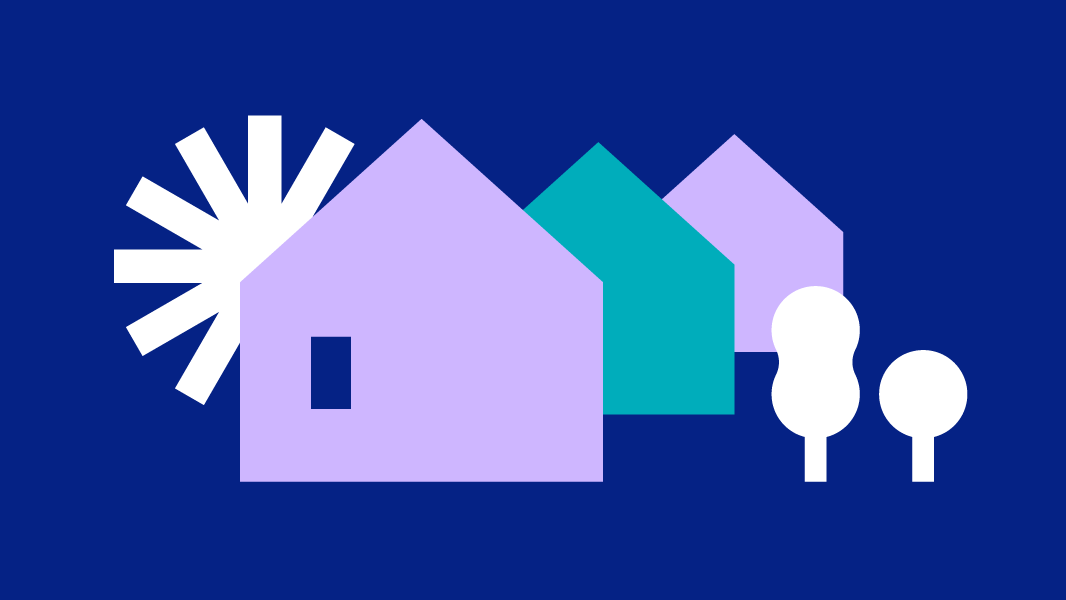The Duty of Property Owners in Forming HOA Plans
In the world of home owners' organizations (HOAs), the function of homeowners fit policies holds considerable relevance. Homeowners are not just occupants yet energetic stakeholders in the community they reside in, with a vested interest in the rules and regulations that control their everyday lives. Understanding just how home owners can add and influence to HOA policies is crucial for cultivating an unified living atmosphere. By discovering the avenues with which home owners can influence decision-making procedures, we discover a vibrant interplay that forms the really significance of community living. Keep tuned to unravel the intricate web of home owner engagement and its effect on forming HOA plans.
Importance of Homeowner Engagement
House owner interaction plays a crucial function in shaping the plans and decisions of homeowners' organizations (HOAs) When property owners actively take part in the decision-making procedures of their HOA, they contribute varied perspectives that can lead to more inclusive and all-round plans (hoa san antonio).
Moreover, homeowner involvement cultivates a feeling of possession and responsibility within the area. Furthermore, engaged homeowners are extra likely to support HOA efforts, which can lead to smoother execution and greater overall success.
Ways to Influence HOA Plans
Efficient participation in homeowners' organization (HOA) conferences and committees supplies residents possibilities to shape and affect HOA policies. One of one of the most straight ways home owners can affect HOA plans is by actively attending and getting involved in HOA meetings. By voicing issues, suggesting tips, and participating in conversations during these conferences, homeowners can straight influence the choices made by the HOA board. Additionally, house owners can think about running for settings on the HOA board or boards themselves. By coming to be board participants or committee leaders, homeowners can straight influence the development and implementation of HOA plans.
Additionally, property owners can collaborate with their neighbors to form an unified front when advocating for particular policy modifications or initiatives. By arranging requests, conducting studies, or hosting community meetings, homeowners can show the level of support for their suggested policies and enhance their opportunities of affecting the HOA's decisions. Ultimately, by actively taking part, involving with fellow citizens, and tackling management functions within the HOA, house owners can successfully influence and form HOA plans to better reflect the needs and preferences of the community.

Effect of House Owner Involvement
The energetic participation of locals in homeowners' association (HOA) activities significantly affects the choices and plans regulating the community. When property owners get involved in HOA meetings, supply feedback on recommended policies, and participate in conversations with the board members, their input can form the direction of the community. Home owner engagement ensures that the HOA board thinks more about a diverse series of viewpoints before making choices that affect the whole neighborhood.
In addition, property owner participation can lead to boosted openness within the HOA. By proactively participating in the decision-making process, homeowners can hold the board responsible for their actions and ensure that plans are implemented rather and in the very best interest of the community overall.
In addition, when property owners actively participate in forming HOA plans, they feel a higher sense of ownership and pride in their neighborhood (hoa san antonio). This feeling of participation promotes a more powerful sense of neighborhood and encourages residents to interact towards common goals, inevitably creating a more unified and desirable living setting for all homeowners

Advantages of Energetic Homeowner Participation
Active participation by citizens in house owners' organization tasks contributes dramatically to the enhancement of area governance and cohesion. When house owners actively involve in HOA events, they bring varied perspectives and useful insights to the decision-making procedure. This involvement cultivates a feeling of ownership and responsibility amongst homeowners, bring about a much more cohesive and unified area.
Moreover, active homeowner participation assists to ensure that HOA plans straighten with the needs and preferences of the area members - hoa san antonio. By articulating their point of views and concerns, homeowners can affect the growth of policies and laws that advertise consistency and well-being within the area. This joint method not just enhances area bonds however likewise improves the general lifestyle for property owners
In addition, active house owner involvement can lead to increased openness and liability within the homeowners' association. When locals are actively why not try here involved in the administration procedure, there is higher oversight and analysis of decision-making, which can help protect against potential conflicts and make sure fair and fair treatment for all members. Inevitably, the advantages of active property owner participation expand past private houses to produce a more flourishing and dynamic neighborhood.

Developing a Community-Driven HOA
Provided the significance of property owner involvement in shaping HOA policies, promoting a community-driven approach is essential for the sustainable governance and growth of the area. A community-driven HOA encourages homeowners to actively participate in decision-making processes, ensuring that plans mirror the varied needs and preferences of the community. By encouraging open communication and partnership in between house owners and the HOA board, a sense of shared duty and ownership is cultivated, resulting in increased satisfaction and harmony within the neighborhood.
Creating a community-driven HOA involves developing mechanisms for house owner comments, such as surveys, town hall meetings, or tip boxes, to gather input on vital problems and possible policy adjustments. Furthermore, promoting openness in HOA procedures and decision-making procedures promotes trust and accountability amongst citizens. By valuing home owner perspectives and engaging them in the governance of the community, a community-driven HOA can improve overall resident fulfillment, advertise a feeling of belonging, and add to the long-term well-being of the neighborhood.
Conclusion

In verdict, active home owner involvement plays a crucial function in forming HOA plans. Developing a community-driven HOA calls for continuous interaction and collaboration in between homeowners and the organization to make certain plans mirror the needs and choices of the community.
In the realm of homeowners' organizations (HOAs), the function of homeowners in forming plans holds significant importance.Homeowner engagement plays an important duty in forming the policies and choices of home owners' associations (HOAs)Effective involvement in house owners' association (HOA) conferences and boards offers locals chances to form and influence HOA policies. Ultimately, by proactively participating, involving with fellow citizens, and taking on leadership functions within the HOA, home owners can properly shape and affect HOA policies to much better show the needs official source and choices of the area.
Additionally, energetic home owner participation can lead to enhanced openness and liability within the home owners' organization.